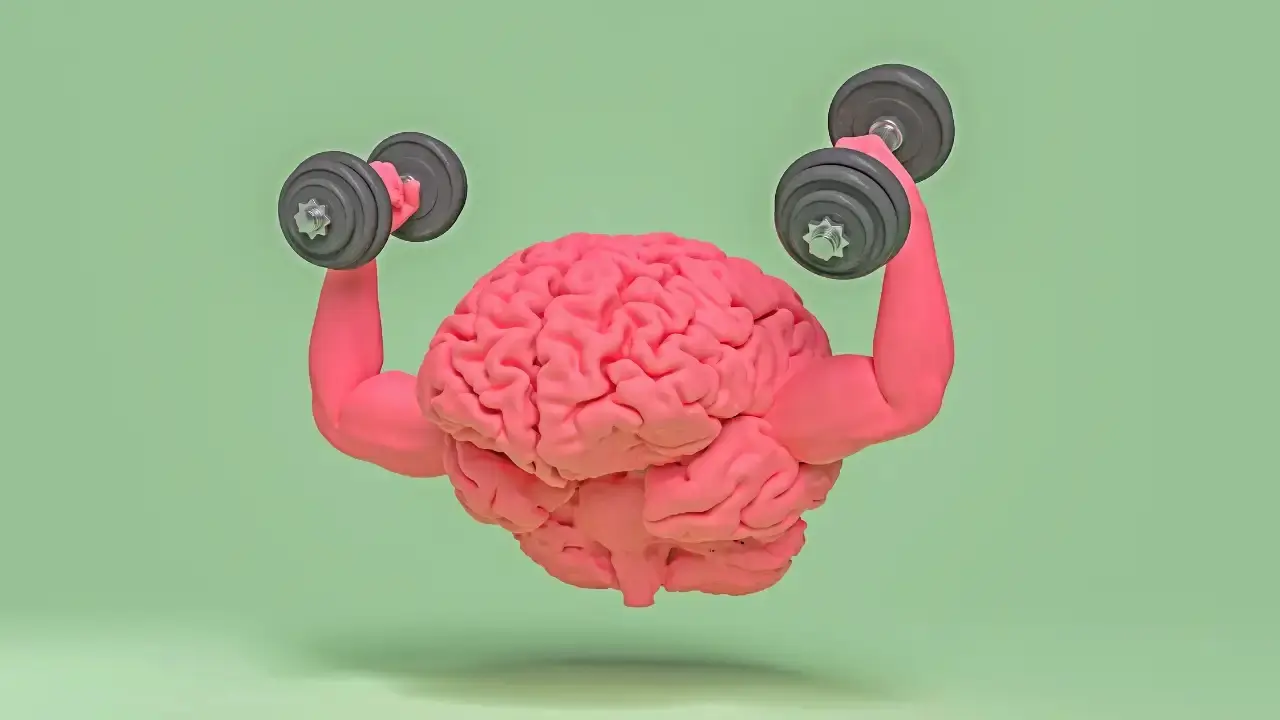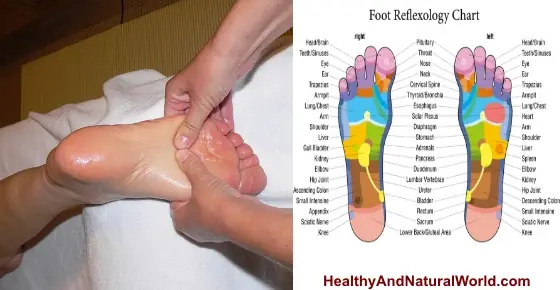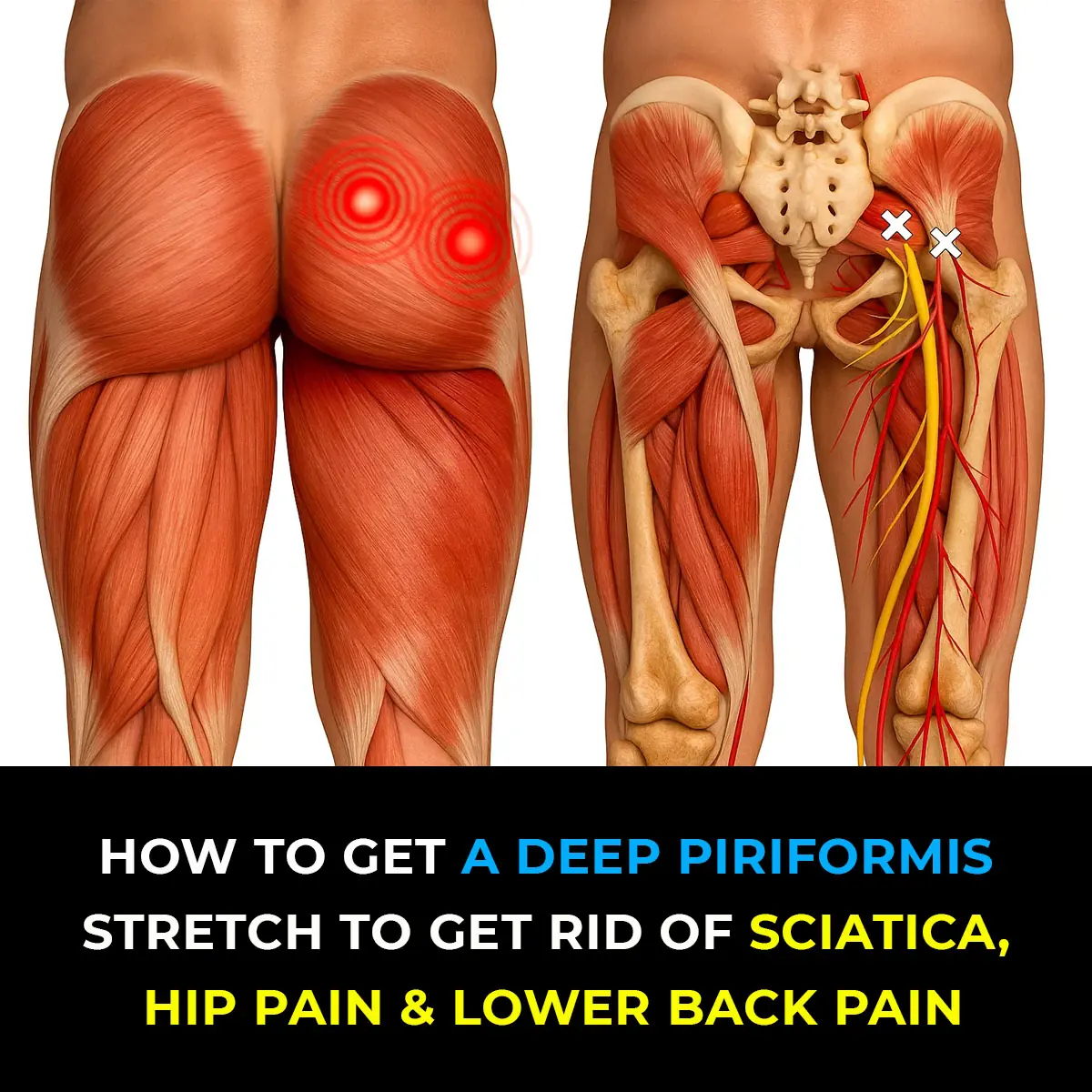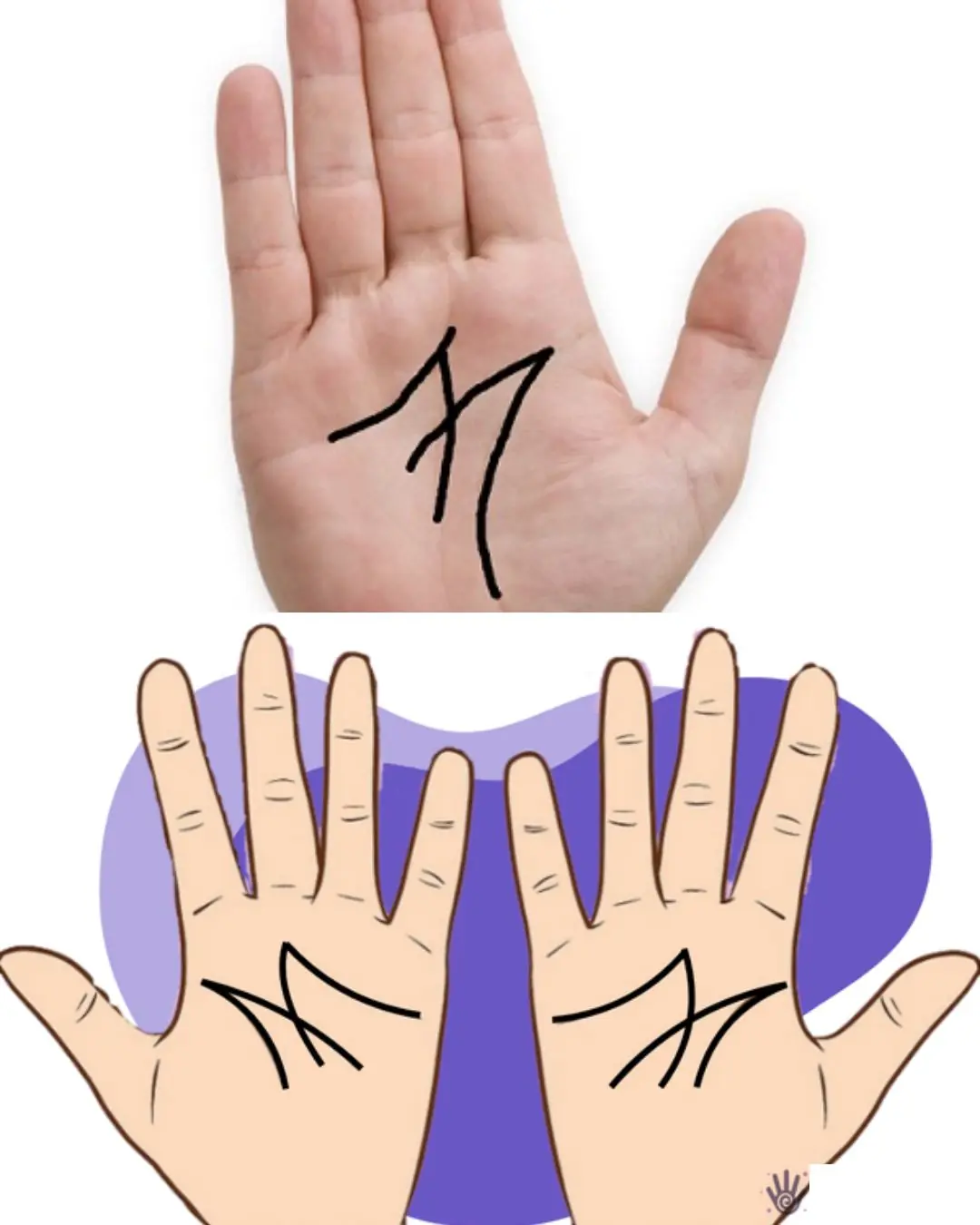
pH Balance and Your Health: What the Science Says About Acidosis and Alkalizing Your Body
pH Balance and Your Health: What the Science Says About Acidosis and Alkalizing Your Body
You may have heard about the importance of pH balance for your health, often in the context of an "alkaline diet." While the topic has gained recent popularity, the underlying science is not new. In 1931, Dr. Otto Warburg won the Nobel Prize for his work linking the acidic environment to cancer cell growth, highlighting the critical role of pH in our body's chemistry.
A healthy body carefully regulates its pH levels, but lifestyle and dietary choices can disrupt this balance, leading to a state of acidosis. While the medical community's views on the alkaline diet are mixed, a growing body of research suggests that an overly acidic environment may contribute to a range of health issues, including metabolic syndrome, chronic disease, and inflammation.
This article will explore what pH is, what can cause an imbalance, and practical, evidence-based ways to support your body's natural balance.

Understanding pH and Your Body
The pH scale measures how acidic or alkaline something is, from 1 (highly acidic) to 14 (highly alkaline), with 7 being neutral.
-
Blood: The body maintains a very tight and slightly alkaline pH range for blood, typically between 7.36 and 7.44.
The body has sophisticated mechanisms to keep this stable, and significant changes can be dangerous. -
Stomach: The stomach is extremely acidic, with a pH of around 1.3, which is essential for breaking down food.
-
Urine and Saliva: These fluids have a more variable pH that reflects your diet and lifestyle, which is why they are often used to test your body's pH.
While your body works hard to keep your blood pH stable, a diet rich in acid-forming foods and a high-stress lifestyle can force it to work overtime. Over time, this can lead to a state of low-grade systemic acidosis, which some researchers believe can contribute to various chronic illnesses.
Warning Signs of an Overly Acidic Body
According to proponents of the alkaline diet, certain signs and symptoms may indicate your body is too acidic. While these symptoms can also point to other health issues, they are often linked to a poor diet and lifestyle.
-
Chronic Fatigue: A constant feeling of tiredness and a lack of energy.
-
Headaches: Frequent headaches or migraines.
-
Muscle Aches and Pain: Persistent muscle soreness or cramping.
-
Digestive Issues: Bloating, gas, or acid reflux.
-
Skin Problems: Dry skin, rashes, or other skin irritations.
How to Test Your pH at Home
Testing your pH can give you a general idea of your body's state. While it won't measure your blood pH, it can indicate how your diet is affecting your body's overall acidity.
-
What you need: Litmus paper, which can be purchased at most pharmacies or online.
-
How to test:
-
Urine: Dip the litmus paper in your first-morning urine sample.
-
Saliva: Test your saliva an hour before a meal or two hours after eating.
-
-
What to look for: An optimal pH for urine and saliva should fall between 7.0 and 7.4. It's helpful to test over several days to get an average value.
Tips for Alkalizing Your Body
Making a shift towards a more alkaline lifestyle is not about a radical overhaul but about making small, sustainable changes.
Dietary Changes
The key to an alkaline diet is to reduce your intake of highly acidic foods and increase your consumption of alkalizing ones.
-
Eat More Vegetables: Aim for a diet that is at least 60% vegetables, especially dark leafy greens like kale and spinach. These are rich in alkaline minerals.
-
Choose Fresh Fruits: While many fruits are acidic, they have an alkalizing effect once digested.
Lemons and limes, for example, are known to help alkalize the body. -
Hydrate with a Twist: Start your day with a glass of warm water mixed with a tablespoon of raw apple cider vinegar or freshly squeezed lemon juice.
-
Avoid Processed Foods: Reduce your consumption of sugar, processed foods, refined carbohydrates, red meat, and alcohol. These are all highly acidic and can contribute to inflammation.
Lifestyle Changes
It's not just about what you eat. Stress and a sedentary lifestyle can also make your body more acidic.
-
Manage Stress: Chronic stress can lead to a state of internal acidity.
Incorporate stress-reducing activities like yoga, meditation, deep breathing exercises, or a brisk walk. -
Prioritize Sleep: Getting enough quality sleep is essential for your body's ability to repair and detoxify itself.
-
Exercise Regularly: Regular physical activity helps improve circulation and detoxification, which supports a healthy pH balance.
By adopting a more alkaline lifestyle, you can help your body function at its best, reduce inflammation, and support your long-term health.
News in the same category


If You Do These 8 Things You Are Slowly Destroying Your Brain

How Drinking Bottled Water Could Seriously Impact Your Health

The Unexpected Health Benefits You Get from Massaging Your Feet Often Will Shock You

Insomnia No More! Try This Secret Method to Fall Asleep Fast and Sleep Deep

Symptoms of Vitamin B12 Deficiency

If Your Heart Hurts Suddenly, It Could Be a Warning Sign of These Diseases

Study Confirms: Your Morning Coffee Boosts Happiness

The Science Behind Resilience: How the Brain Rewires After A Setback

Swollen Legs, Ankles and Feet: Causes and Proven Remedies (Including Parsley Tea Recipe)

We Tested Dozens of Workout Leggings — These 11 Were the Best

5 Best Foods for Alopecia

The Anti-Cancer Diet: Cancer Fighting Foods to Help Prevent Cancer (Evidence Based)

How to Get Rid of Bad Breath (Halitosis): Scientifically Proven Home Remedies

Which Antiplatelet Works Better in Impaired Renal Function?

Debate Over? Radiotherapy vs Surgery in High-Risk Prostate Cancer

Powerful Piriformis Stretch to Soothe Sciatic, Hip, and Lower Back Pain

Schamroth Window Test May Reveal if You Have Finger Clubbing

6 Benefits of Eating Garlic Before Bedtime
News Post

'Hostile' comet aimed at Earth could obliterate the world's economy 'overnight' if it hits

Iconic movie sequel delayed until 2027 after online sleuths 'guessed the plot'

Wooden Cutting Board Got Black Mold? Skip the Soap—Do This 5-Minute Reset

Don’t Use Plain Water for Flower Arrangements

When Boiling Sweet Potatoes, Don’t Use Plain Water—Add a Spoonful of This for Softer, Sweeter Results

Don’t Thaw Fish by Putting It in Water

Don’t Clean Your Bathroom Mirror with Plain Water

The Correct Way to Add Detergent and Fabric Softener to Your Washing Machine

Don’t Throw Away Rice Washing Water: 6 Smart Uses That Can Save Serious Money

Don’t Sleep With Your Pets

How to Store Fish and Meat in the Refrigerator: Shop Less, Keep Food Fresh All Month

How many eggs should you eat a week?

The Secret Meaning of the Letter “M” on Your Palm

The Remarkable Journey of Tru Beare, Who Was Born Weighing Only One Pound

If You Do These 8 Things You Are Slowly Destroying Your Brain

How Drinking Bottled Water Could Seriously Impact Your Health

The Unexpected Health Benefits You Get from Massaging Your Feet Often Will Shock You

Researchers Create Injectable Hydrogel to Boost Bone Strength

If You Have Moles on This Part of Your Body
